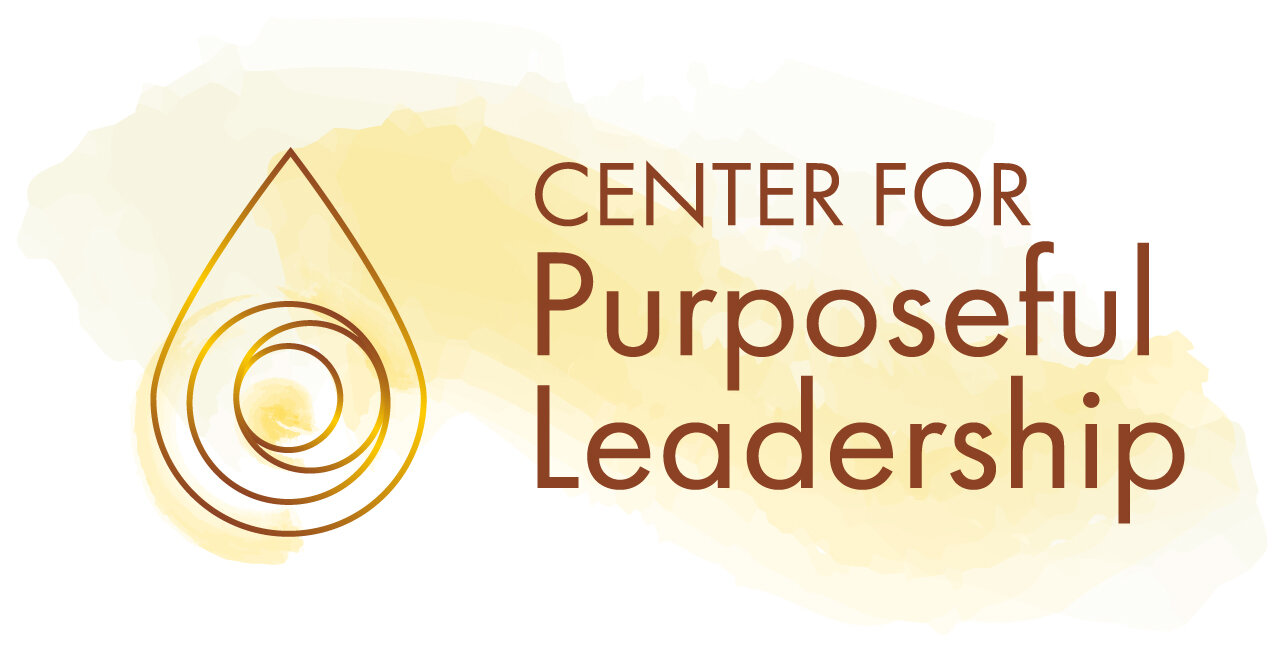2020: The Year of Gratitude: The Commons Smacks
/Revisiting 2 of the most popular posts from 2019:
11/26/19: “Thanks-living”: excerpts from an article from friend and Art of Convening graduate Minx Boren.
12/18/19: “2020: The Year of Gratitude. What are you grateful for?” After reading a wonderful article titled "Abundance and Gratitude," from gratefulness.org, Craig was inspired to create a LinkedIn post offering this reflection and a question: Gratitude may be the most powerful inner capacity of the purposeful leader. What are you grateful for today?"
This inspired a rising leader, new friend and colleague Miracle Adebanjo to send me an article he had recently written for the Augsburg ECHO.
We welcome your responses.
The Commons Smacks
By Miracle Adebanjo
Pho, barbecue chicken pizza, tater tots, rice pudding, chicken noodle soup and a salad bar all available in one place? An all you can eat buffet? Good Lord – please sign me up!
Living in the Western world we are privileged whether we know it or not. We have become accustomed to things in abundance and privileges that are often confused with basic human rights.
We all have the basic human right to life, liberty, personal security, food and the right to health. However, the concept of flavorful spice in our food is a privilege we must cherish. The concept of being served by another human being, having our plates prepared by them, and having our dishes cleaned without a care for them is an absolute privilege that we must appreciate with a grateful heart.
We as thoughtful stewards on campus should be aware of the fact that we are all royalty. We are young kings and queens and should be aware that there will always be someone less fortunate than us; someone always wishing they could be in our situation; someone always wishing they had another chance in life. The truth is, we have an abundance of food and healthy options here and we often take them for granted. Having plenty has always been seen as something good, but the irony is that abundance leads to ungratefulness while scarcity leads to gratitude.
As a student leader on campus, I place a special emphasis on one’s sense of belonging here in the Augsburg community. I often ask students how they are doing, how they like their classes, and if they feel that they are on the right path to finding themselves. Somewhere deep into the conversation, the cafeteria somehow manages to come up. Comments like “I miss my mom’s cooking” or “I wish the food here was better” are common remarks made by my peers, but as an avid A’viands advocate, I take up a defensive stance to the case. I have worked a total of six years in the customer service industry and I know it isn’t easy. I have served at McDonald’s, Wendy’s, Chick-Fil-A, Benihana and many other positions engaging with consumers.
I know that waking up every day to serve the needs of others can be difficult and stressful. It can be very grueling when your guests suppress their manners, disrespect you, or walk in with a dark expression of distaste towards the food being served. Such demeanor can leave a worker feeling worthless. We know this is not the case. Our workers are valued. They matter, everybody matters. Even you. Let us acknowledge each other. Let us show gratitude and smile. Such small and random acts of kindness can make an employee feel fulfillment in their work. It can make one feel joyful about coming into work, knowing that they are helping feed thousands. They are a part of something bigger. They are fueling an army of informed citizens, thoughtful stewards, critical thinkers, and responsible leaders who are ready to change the world.
This article was originally published in the September 20, 2019 issue of the Augsburg ECHO
Here are three practices that support presence and gratitude:
1. Listening
We listen to each other’s stories with curiosity, wonder and attention. A natural respect for all voices emerges when we listen with respect for everyone’s voice without fixing, problem-solving or advice-giving.
The practice: next time you are with someone, listen as if your life depended upon it.
2. Speaking from the Heart
Take a chance to speak about what has meaning and purpose for you. It will most likely be meaningful for the person you are with. Speaking honestly and simply from the heart is compelling and authentic.
The practice: Pause, take a deep breath, put your hand on your heart. Ask yourself, “what has meaning and purpose for me, right now, at this moment.”
3. Slow Down the Conversation
Being interested rather than interesting allows for space and new thinking. Be curious. The tendency to have a quick response, or talk over someone with excitement, isn’t the same as deep listening.
The practice: Allow pauses between the speakers, for connection to occur and to allow something new to emerge.
#purpose #artofconvening #convening #listening #leadership #practice #authenticengagement



